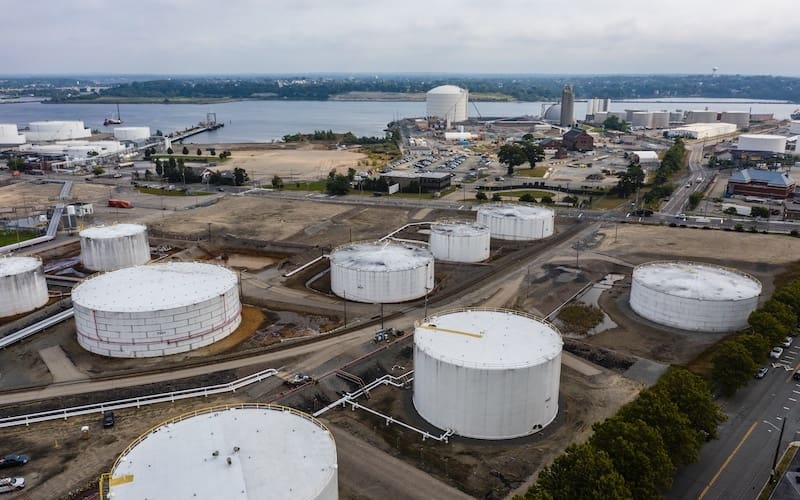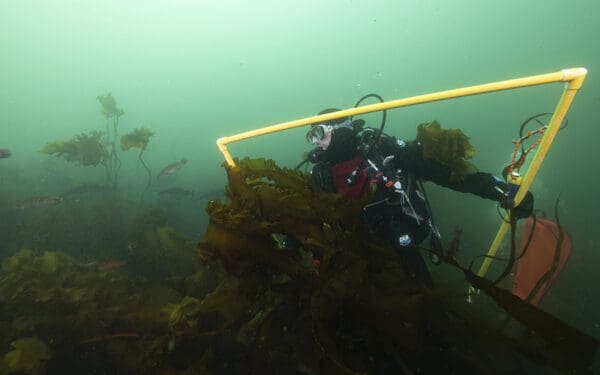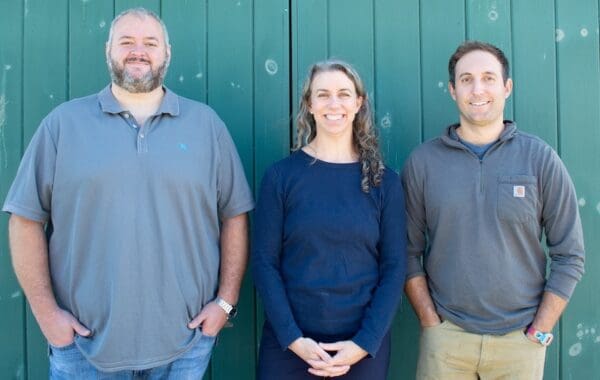
The Shell Oil tank terminal at Port of Providence in Rhode Island could spill oil into the community and coastal waters if a strong storm should hit. Photo: Ecophotography
The Problem
For years, Shell Oil has jeopardized the health and safety of New England coastal residents by constructing oil storage tanks right next to waterways and communities. Shell did it in New Haven, Connecticut, where oil storage tanks hulk next to New Haven Harbor. And it did it again in Providence, Rhode Island, where an oil storage terminal looms above the iconic Narragansett Bay. If either of these facilities were hit by an extreme storm – a prospect increasingly likely with climate change – it could devastate nearby neighborhoods. Especially with sea-level rise added to the mix.
But it’s not just the potential risk of extreme storms that’s a problem. Shell is also failing to accurately report and manage the pollutants its oil storage terminals are releasing into New Haven Harbor and the Providence River. This violates the federal Clean Water Act and the Resource Conservation and Recovery Act. People who live nearby have no idea what toxic chemicals taint the water where they fish and recreate. This is inexcusable.
CLF in Action
Determined not to let Shell get away with this flagrant disregard for health, safety, and the environment, CLF is challenging the oil behemoth in court. We won’t let Shell break the law while endangering our beloved communities and waterways. Our goal is simple: to force the company to clean up its pollution and protect our towns and cities from climate change impacts.
In 2017, we sued Shell for its inaction on its Providence facility. We followed that up with a 2021 suit in New Haven, charging the company with violating federal pollution regulations. Those suits have continued to move forward in court.
“While Shell tries every trick in the book to avoid coming clean about its involvement in the climate crisis, our community is in danger,” says Darrèll Brown, CLF’s vice president for Rhode Island. “The evidence shows that the company has left this facility woefully unprepared for extreme weather. Major risks exist now, and they’re only going to get worse as the oceans rise and storms intensify.”
Progress
It’s been a long, slow process, but progress is being made. In fact, CLF lawsuits against oil giants like Shell are breaking new ground. We were among the first to sue Big Oil for risks presented by flood-prone facilities adjacent to critical waterways and coastlines. And, despite Shell’s attempts to get our cases thrown out of court, separate judges have given the New Haven and Providence lawsuits the go-ahead.
In Rhode Island, we have questioned Shell employees and scientists under oath to learn what Shell knew about climate change and the need for adaptation. The case is now in the discovery phase, during which both sides must produce information relevant to the lawsuit. Shell has refused to answer questions implicating high-level Shell parent companies and officials who direct and control operations at the terminal and tried every legal trick to get our case thrown out. But it has turned over some damning evidence – in fact, millions of pages of documents – including photos of contaminated areas of the Providence facility that flooded during a December 2022 storm.
Meanwhile, we’ve seen big victories in similar cases we’ve pursued. In 2023, our pressure forced ExxonMobil to cease operations at one of its oil terminals along the Mystic River abutting neighborhoods in Everett, Massachusetts. As part of the settlement agreement, Exxon agreed that the Everett property can never be used to store petroleum products again. Residents who had been overpowered by fumes and worried about spills after storms can finally breathe a sigh of relief.
Next Steps
Although this work can take years of litigation, we remain undaunted. The New Haven case is in the last steps of discovery and moves on to scheduling a trial in October. We are challenging the company’s utter contempt for the well-being of New Haven’s communities and precious waterways. Witnessing the outcome of our seven-year battle with ExxonMobil in Everett has only strengthened our resolve. Just as we refused to back down in Everett, we will continue to go head-to-head with Shell in Providence and New Haven. Our communities deserve better than to be treated as a dumping ground for toxic fossil fuel products.



